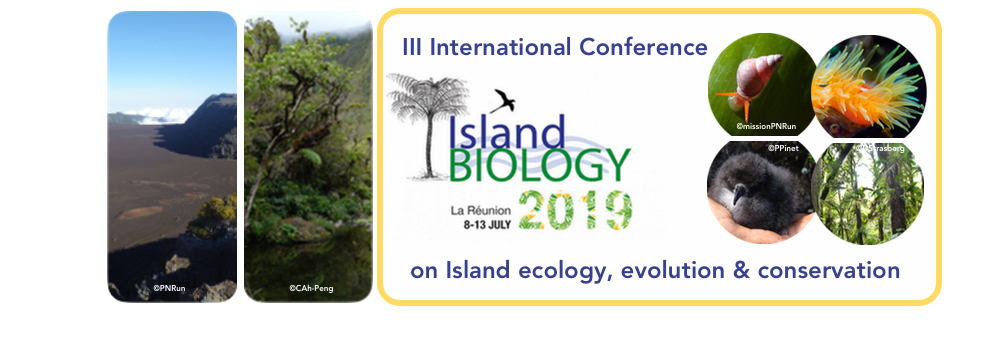The geologically young islands Mauritius (7–10 My) and Réunion (2 My), and the ancient continental island Madagascar, each harbor hundreds of species of orchids. Because orchid flowers have long fascinated biologists, their pollination has received more attention than that of other similarly species-rich tropical groups. An example is Darwin's famous prediction of a long-tongued moth pollinator for the long-spurred Madagascan orchid Angraecum sesquipedale. Over the past 10 years, field studies by ecologists from the Université de La Réunion and clock-dated molecular phylogenies for clades of orchids, passerine birds, and moths occurring on these islands, have provided time frames for changing pollinator / orchid interactions. In my talk, I will present data on both younger-than-expected and older-than-expected orchid pollinators (such as the moth species in Darwin's predicted Angraecum / Xanthopan trait-matching-system), and I will review what we now know about of the speed of change in plant / pollinator interactions on tropical islands compared to 20 years ago.

|
|
|
|
Orchids, moths, and birds on Madagascar, Mauritius, and Reunion: island systems with well-constrained timeframes for species interactions and trait change
1 : Systematische Botanik und Mykologie, Ludwig-Maximilians-Universität München
(LMU)
* : Corresponding author
Menzinger Straße 67, 80638 München -
Germany
|
| Online user: 61 | RSS Feed |

|
 PDF version
PDF version